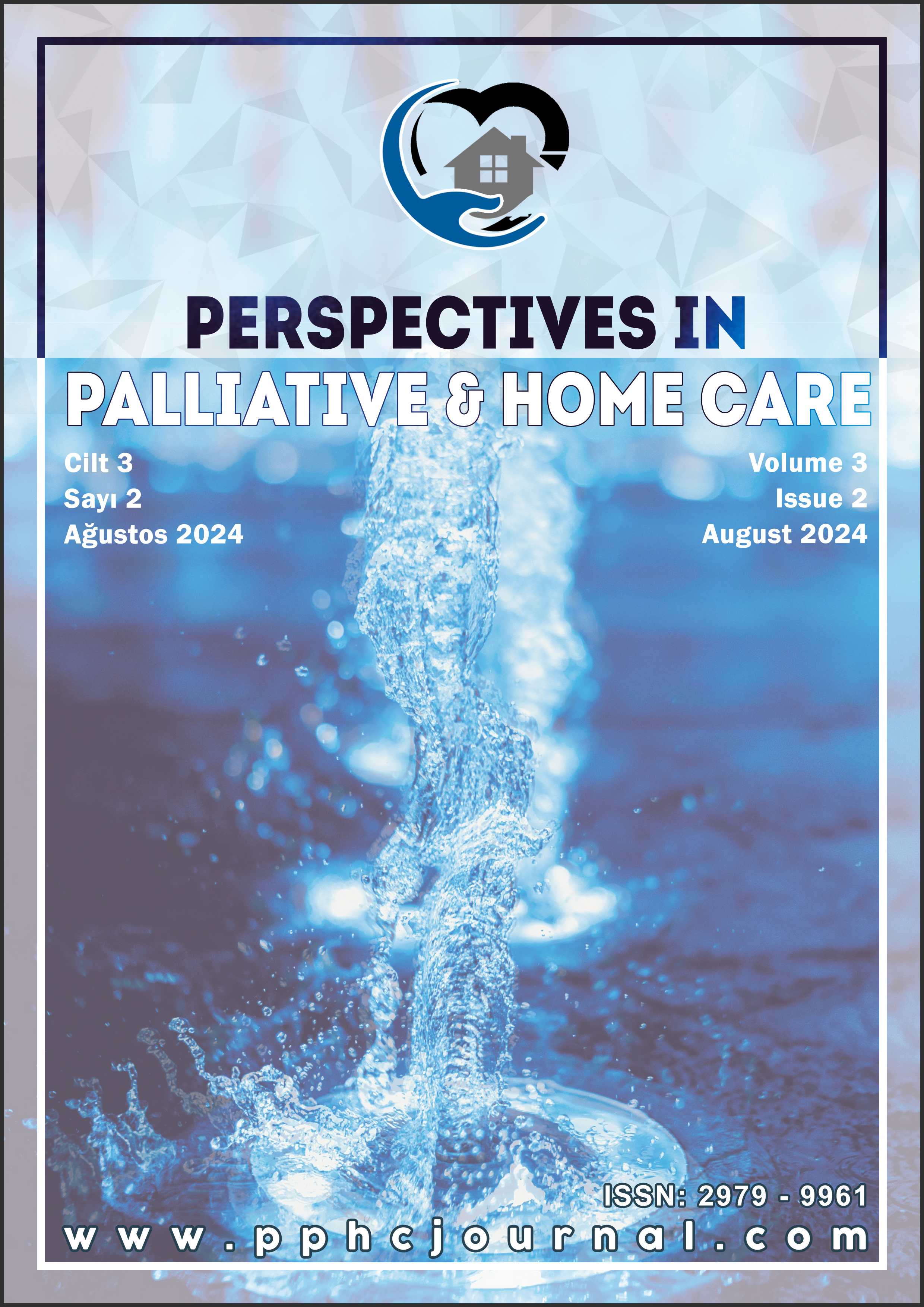Ev Temelli Verilen Doğum Sonu Bakım Eğitiminin Annenin Yenidoğan Bakımından Memnuniyetine Ve Annelik Fonksiyonlarına Etkisi
Author :
Abstract
Giriş/Amaç: Annelerin, annelik rolüne uyum sağlamaları, kendilerinin ve yenidoğanın sağlıklı bakımını sürdürebilmeleri için doğum sonrası sağlık sorunlarına ilişkin bakım ve eğitim almaları gerekmektedir. Ev ziyaretleri sırasında verilen bakım ve eğitimin etkilerine ilişkin çalışmalar yeterli değildir. Bu çalışma, doğum sonrası evde verilen eğitimin yenidoğan bakımı ve annelik işlevlerinden memnuniyetine etkisini değerlendirmek amacıyla yapıldı.
Gereç ve Yöntemler: Araştırma kesitsel bir eğitimsel müdahale çalışması olup iki grubu içermektedir. Doğum sonrası anneler iki kez evlerinde ziyaret edildi. Veriler Doğum Sonrası Takip Anketi ve Doğum Sonrası Kendini Değerlendirme Anketinin iki alt ölçeği ile toplandı. Elde edilen veriler Windows için Sosyal Bilimler İstatistik Paketi ile analiz edildi.
Bulgular: İlk ziyarette “Annelik ve Yenidoğan Bakımından Memnuniyet” alt ölçeğinden alınan puan ortalamaları iki grup arasında anlamlı farklılık göstermezken, ikinci ziyarette alınan puanlar istatistiksel olarak anlamlı farklılık gösterdi. Böylece anneye evde verilen bakımın memnuniyetini arttırdığı tespit edildi. İkinci ziyarette alt ölçekten aldıkları puan ortalamaları arasındaki fark istatistiksel olarak anlamlıydı. Böylece anneye evde verilen bakımın onun annelik görevleriyle başa çıkmasını etkilediği bulunmuştur.
Sonuç: Araştırmada sonuçların istatistiksel analizi, anneye evde verilen doğum sonrası bakım eğitiminin yenidoğan bakımından memnuniyetini artırdığını ve annelik işlevlerini etkilediğini ortaya koydu.
Keywords
Abstract
Background/Objective: Mothers need to receive care and education on postpartum health problems, in order to adapt themselves to the motherhood role and to maintain healthy care of self and the newborn. Studies on the effects of care and education provided during home visits are not adequate. This study was performed to evaluate the effects of postpartum education at home on satisfaction with the newborn care and motherhood functions.
Material and Methods: The study is a cross-sectional, educational intervention study, and included two groups. The postpartum mothers were visited in their homes twice. The data were collected with, Postpartum Follow-up of Questionnaire and the two subscales of the Postpartum Self-Evaluation Questionnaire. The data obtained were analyzed by the Statistical Package for Social Science for Windows.
Results: While the mean scores obtained from the “Satisfaction with Motherhood and Newborn Care” subscale did not significantly differ between the two groups during the first visit, the ones obtained during the second visit differed statistically significantly. Thus, it was found that care provided for the mother at home increased their satisfaction. The difference was statistically significant during the second visit their mean scores obtained from the subscale. Thus, it was found that care provided for the mother at home affected her coping with motherhood tasks.
Conclusion: In the study, the statistical analysis of the results revealed that the postpartum care education given to the mother at home increased her satisfaction with the newborn care and affected her motherhood functions.





